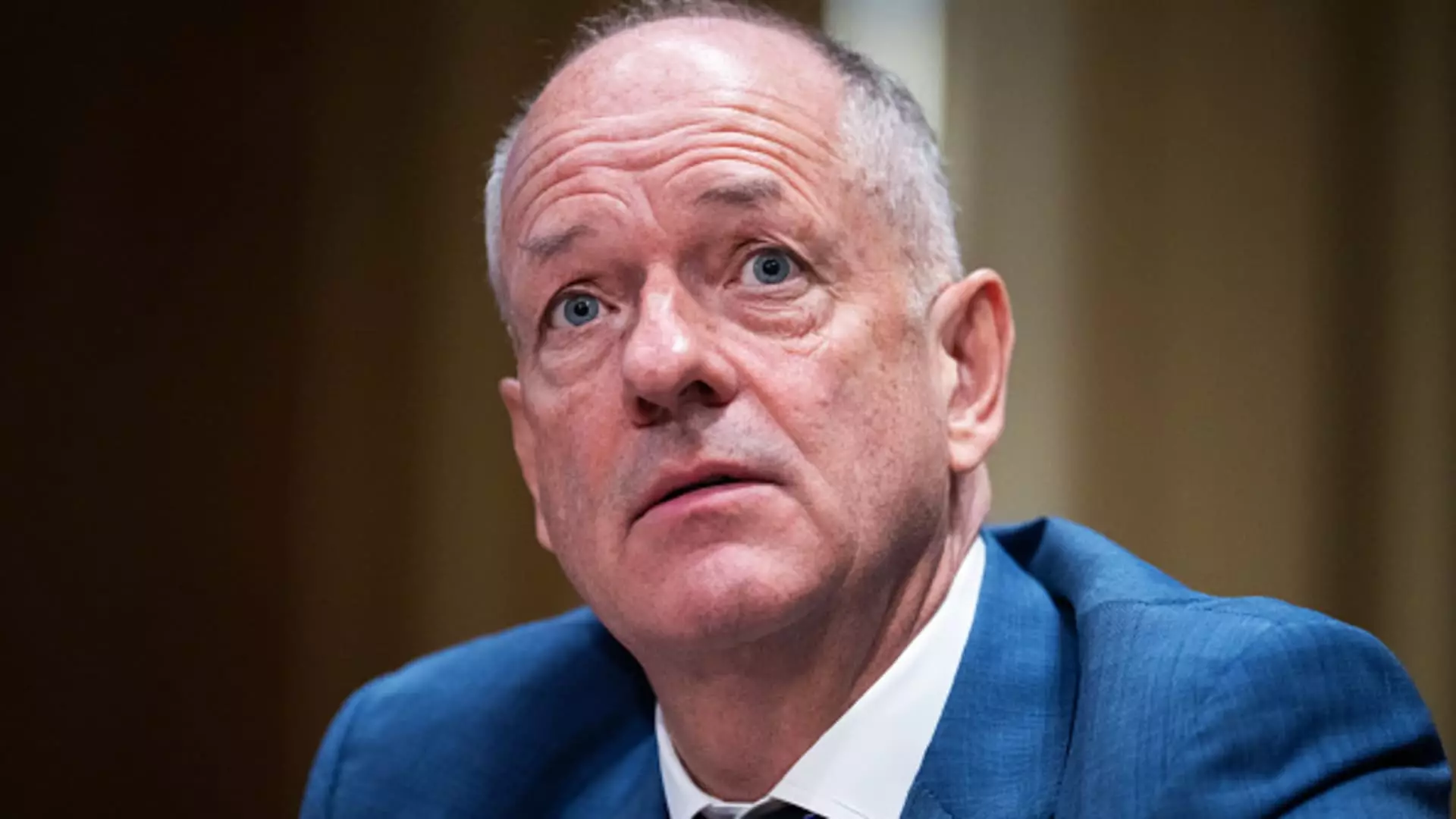The abrupt demise of Brian Thompson, the former CEO of UnitedHealthcare, has cast a shadow over the nation’s largest private health insurance provider. In the wake of this tragic event, Andrew Witty, the current CEO of UnitedHealth Group, expressed his condolences while simultaneously taking the opportunity to critique the broader U.S. healthcare system. In an opinion piece published in the New York Times, Witty articulated a sentiment that resonates with many: the American healthcare model is fundamentally flawed. It is not merely a matter of operational inefficiency, but a labyrinthine system that has evolved piecemeal over the decades.
Witty’s observations resonate deeply within the landscape of American healthcare. He cataloged the frustrations patients face, noting that the current system has become an intricate patchwork woven from various historical, regulatory, and corporate threads. This complexity not only engenders confusion among consumers but underscores a pressing imperative for comprehensive reform.
The complexities of the system are further compounded by the realities surrounding healthcare costs. From skyrocketing premiums to claim denials, the insurance industry has increasingly become a scapegoat for the myriad challenges faced by patients. This narrative has gained traction, particularly in light of Thompson’s death, which has ignited a firestorm of criticism toward insurance companies. Many individuals have taken to social media platforms to air their grievances, sharing stories of unexpected medical bills, inadequate coverage, and the opaque nature of insurance policies. These accounts speak to a broader discontent with an industry that is seen as overly profit-driven and out of touch with the needs of everyday Americans.
As an industry leader, Witty acknowledges the company’s role in addressing these issues. He emphasized the necessity for insurers to foster transparency regarding coverage decisions. By doing so, Witty argues, healthcare providers can empower patients in navigating an often bewildering system. However, this challenge is not solely on insurers’ shoulders; collaboration among all stakeholders—including employers, government entities, and pharmaceutical companies—is essential to facilitate positive change.
Thompson’s leadership was characterized by a commitment to improving not only business outcomes but also patient experiences within the healthcare framework. His untimely death leaves a void not just at UnitedHealthcare but raises questions about the future direction of the company and the industry at large. With increasing pressure to enhance profitability while satisfying regulatory standards and consumer demands, the path forward is precarious.
Witty’s assertion that a body of clinical evidence underpins claims decisions may serve as a temporary balm. However, it also poses a challenge to perceptions of accessibility and patient advocacy. Trust in healthcare is built on transparency and accountability, and without genuine reform, the cycle of resentment towards the insurance sector will likely persist.
The healthcare system’s current shortcomings demand urgent attention, particularly in the wake of Brian Thompson’s tragic passing. Witty’s call for collaborative reform reflects a growing acknowledgment within the industry that substantive change is not only desirable but essential. Ultimately, as providers, insurers, and policymakers begin to address the systemic flaws that underpin American healthcare, they must place the needs of patients at the forefront. Only through concerted efforts can the industry reclaim trust and provide equitable, high-quality care for all.

Leave a Reply